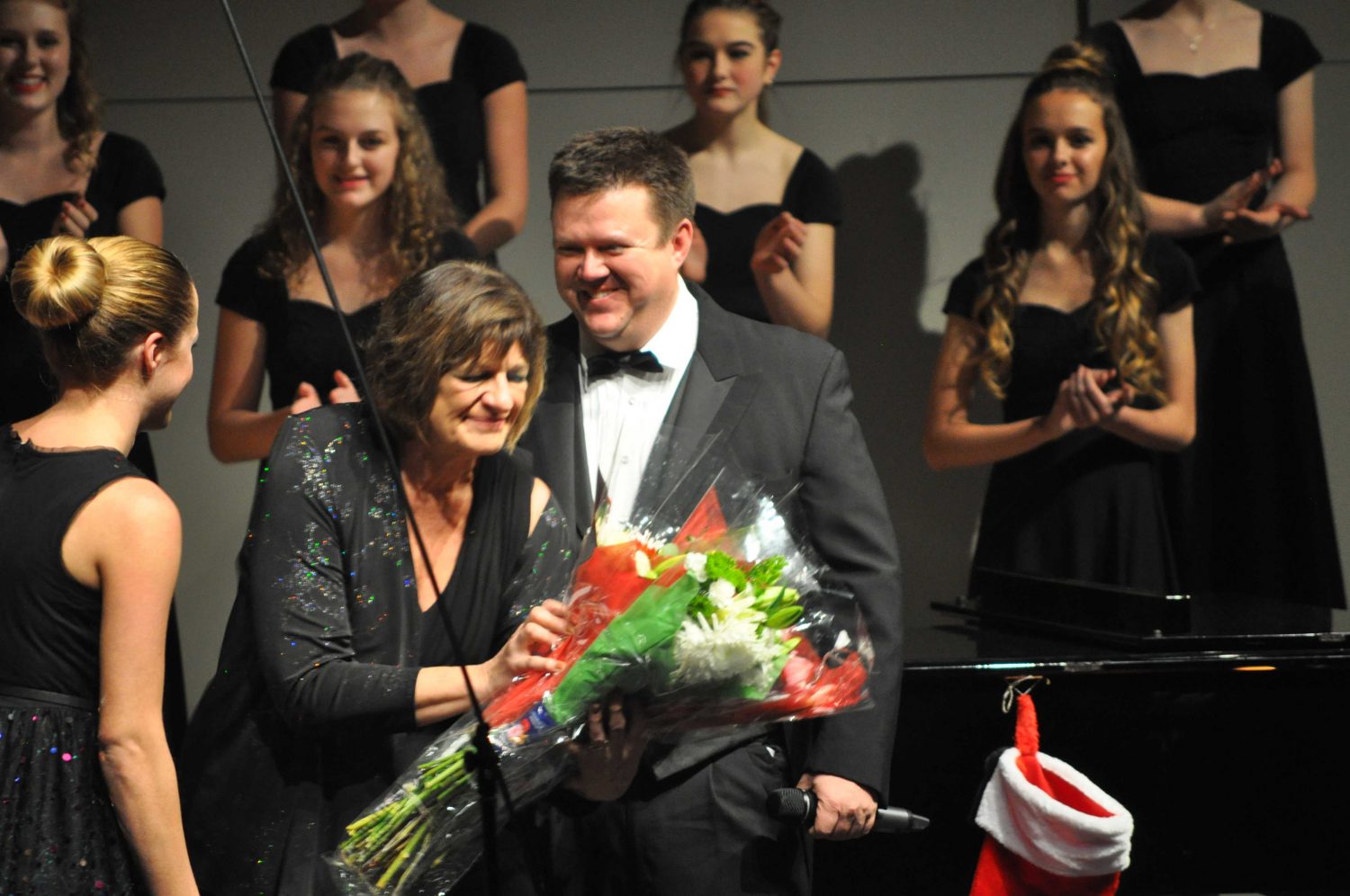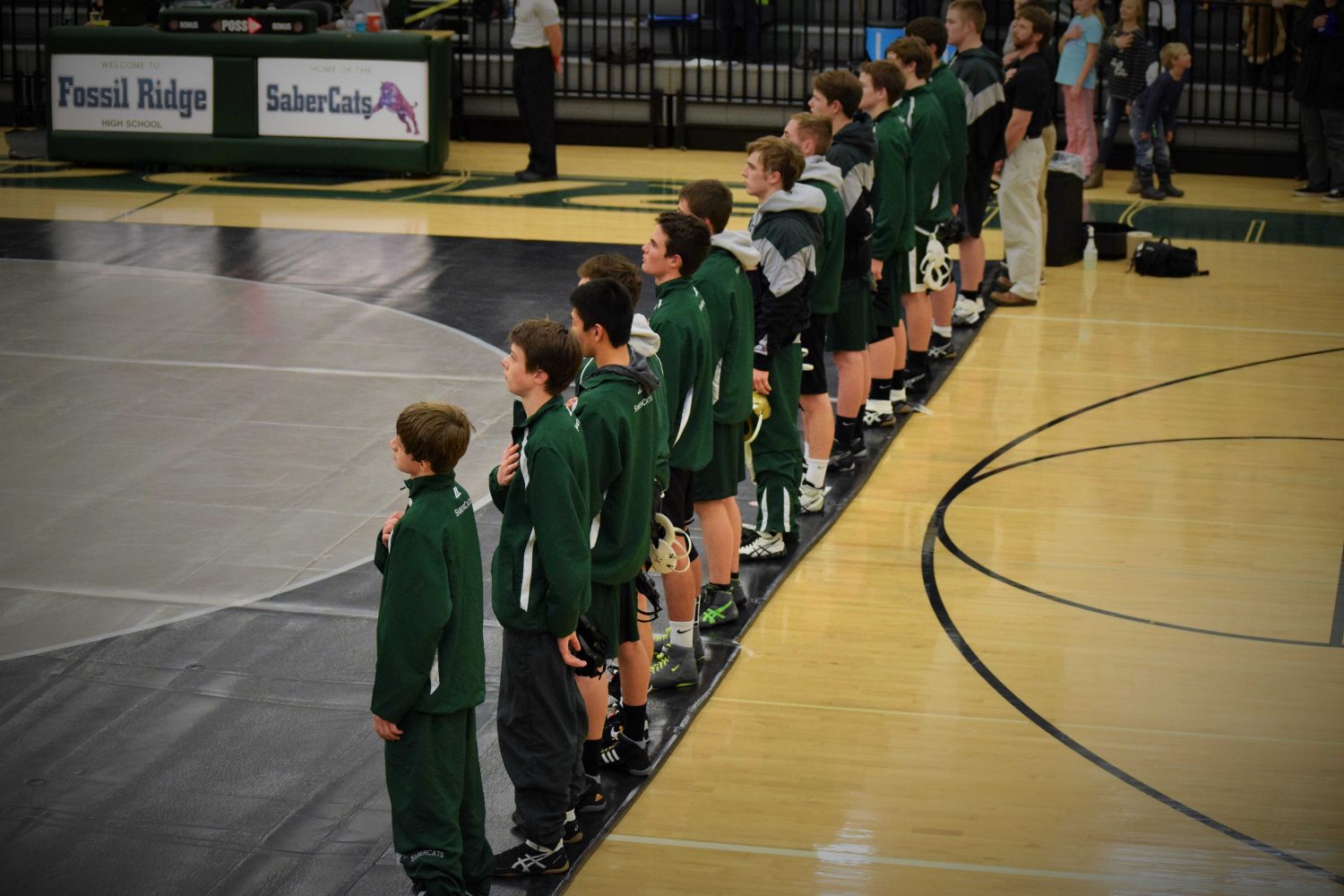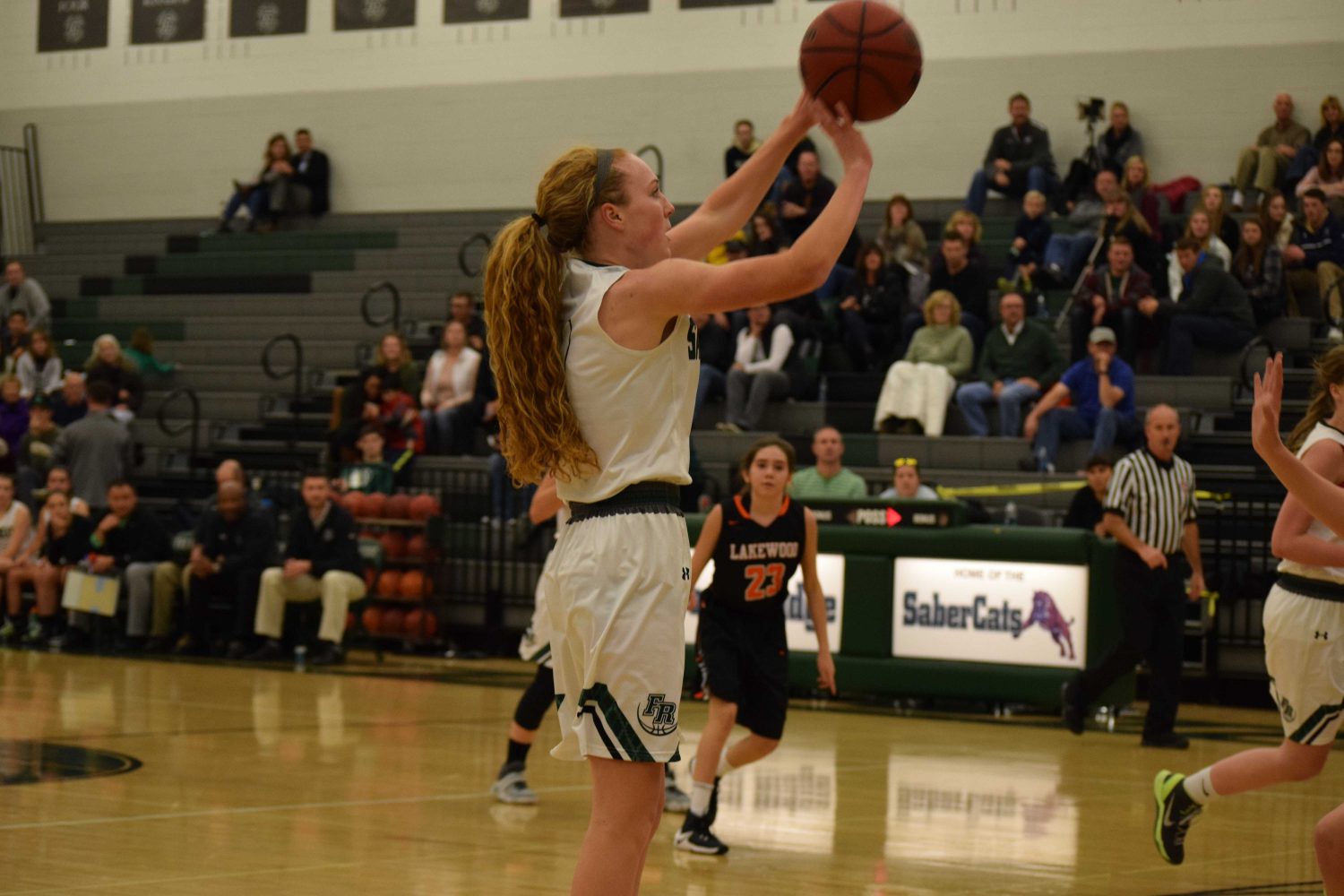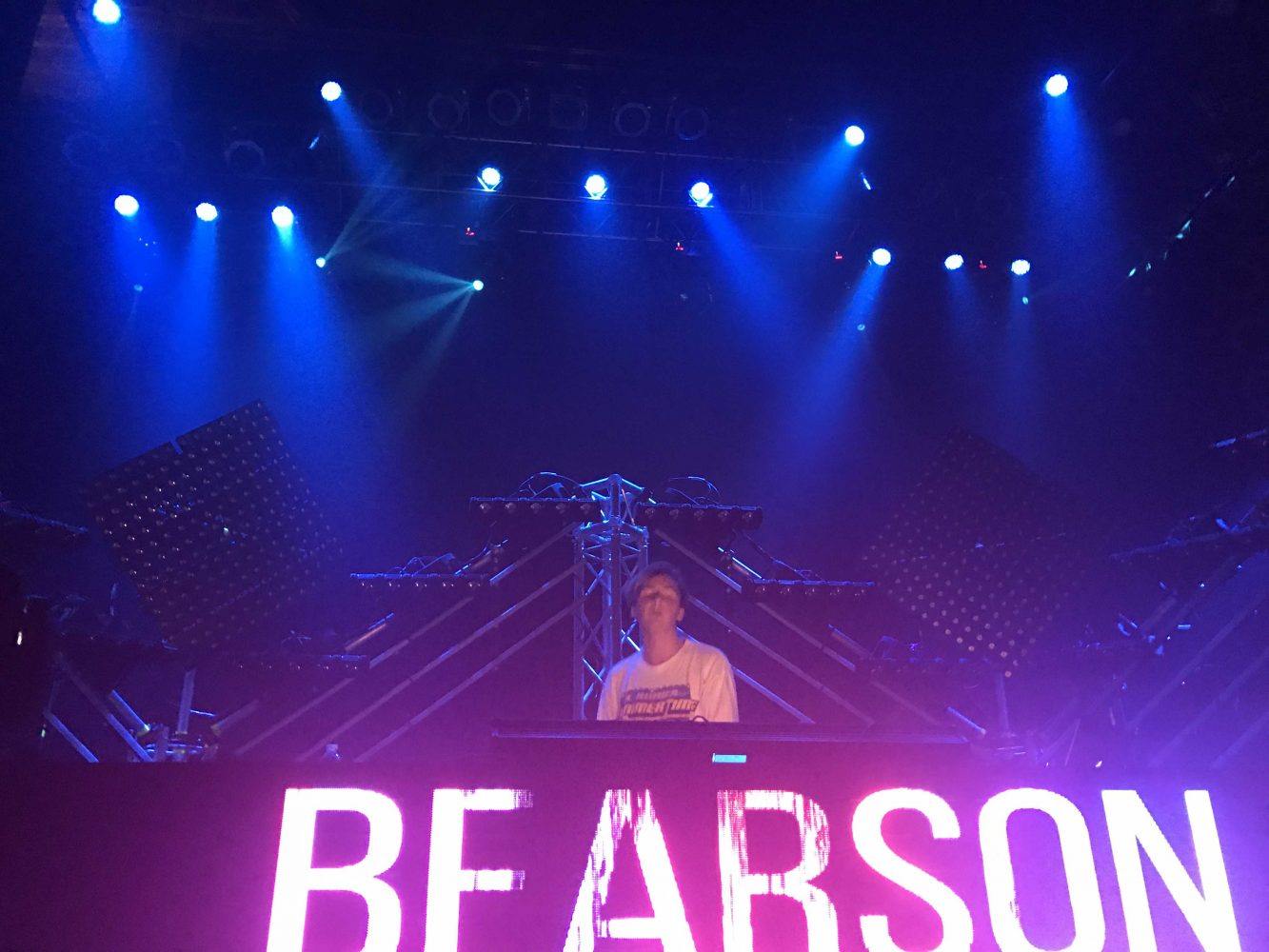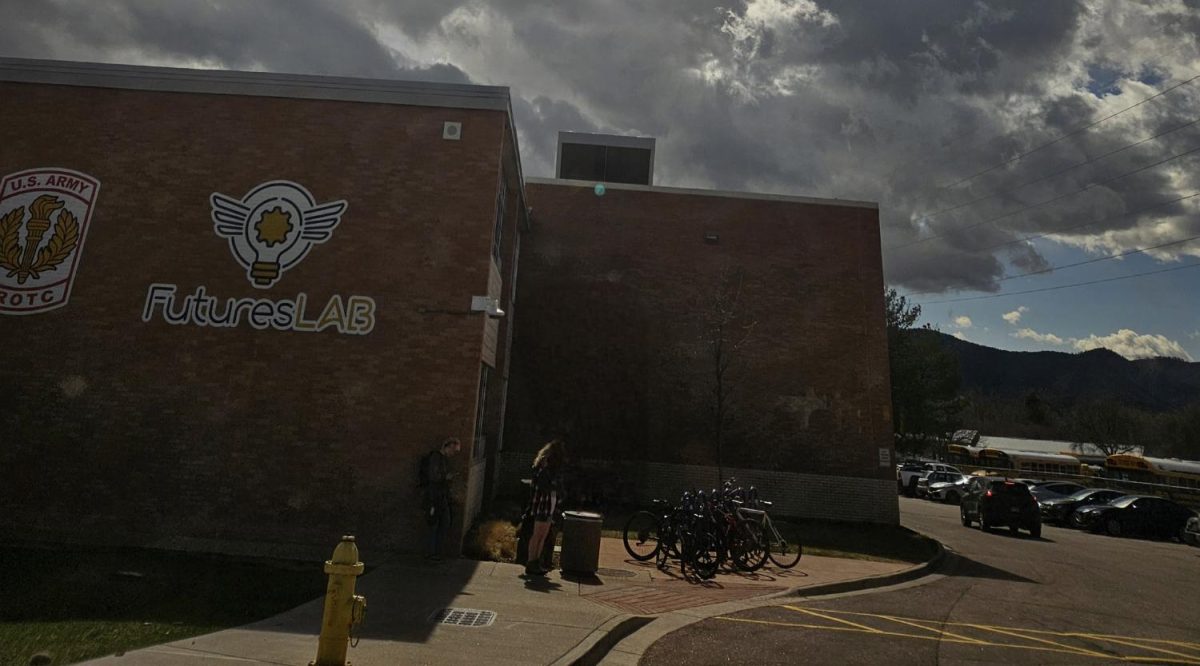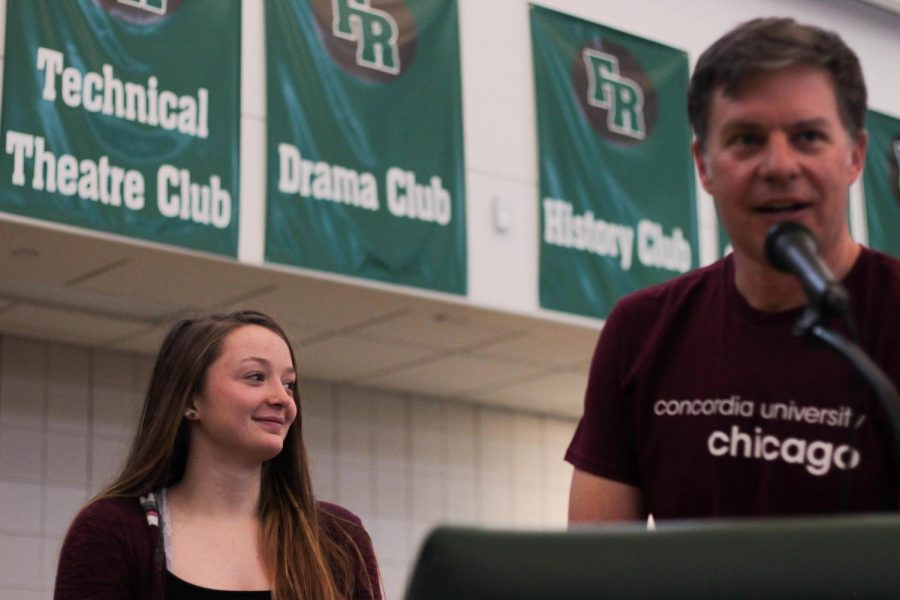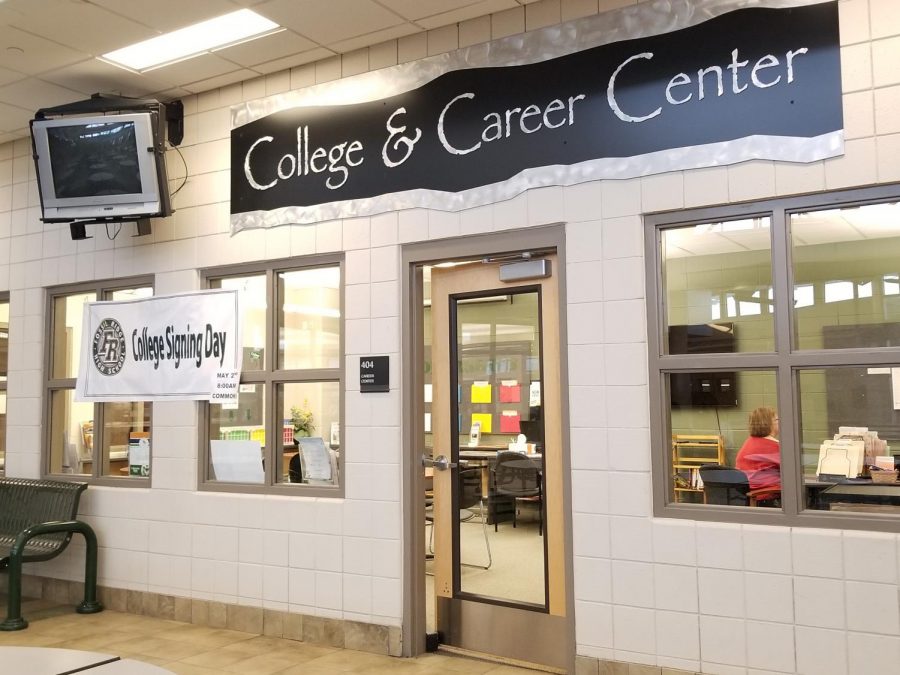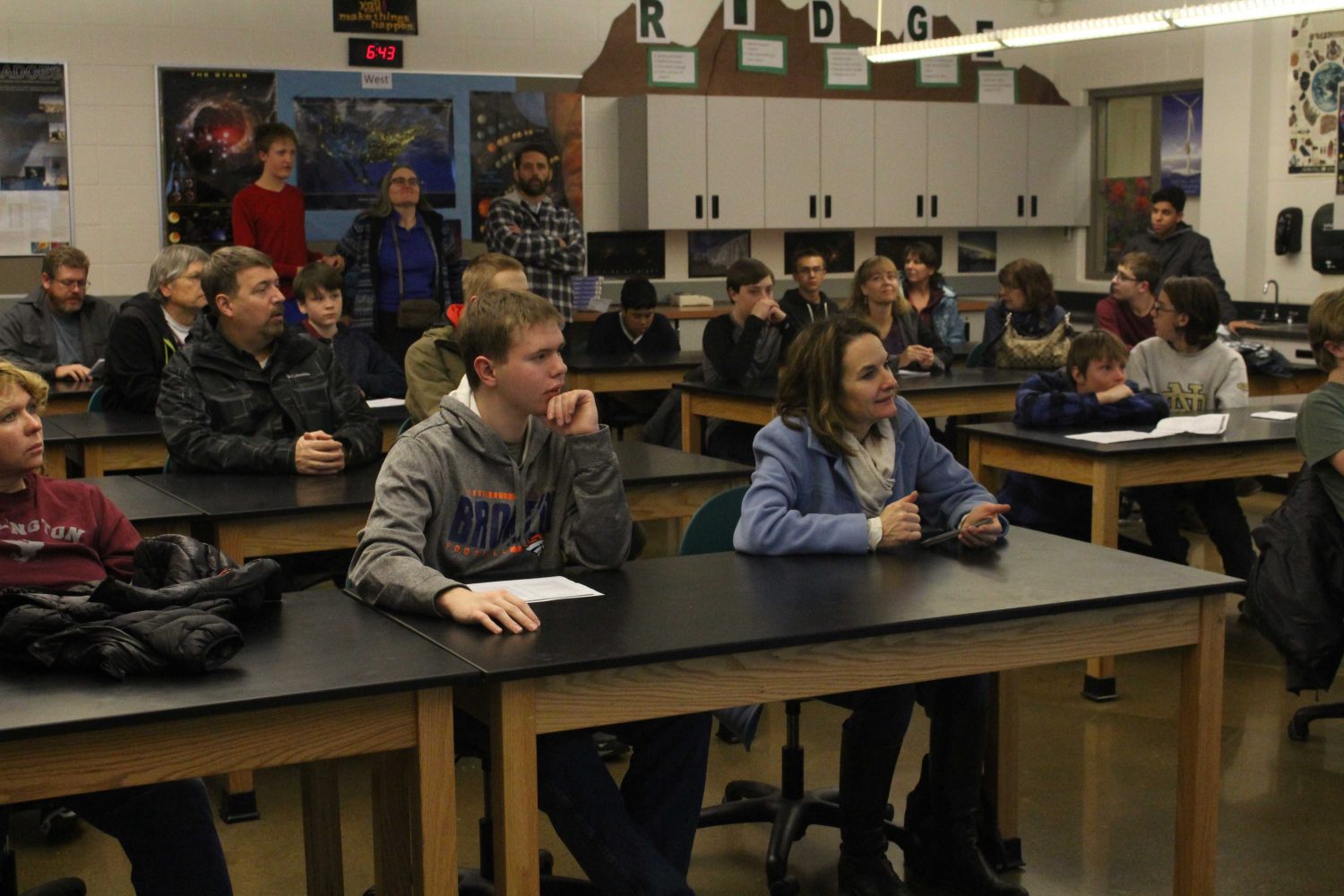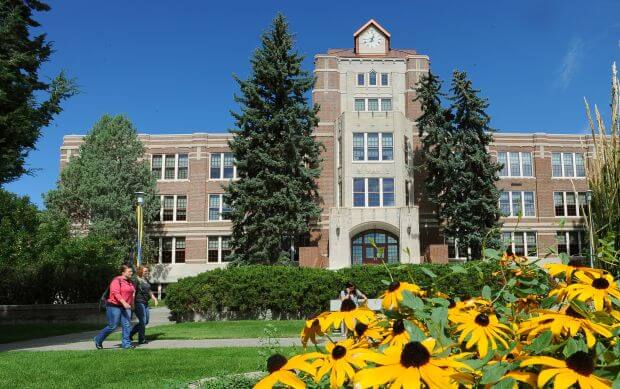By Karen Manley and Rhett Daly
Stay tuned for summaries of some of the major colleges that have visited Fossil Ridge High School’s college and career center this year. This will be a key resource for students unable to attend meetings and those looking to refresh their memories.
Baylor University
At a glance:
- Located in Waco, Texas about 90 miles away from both Dallas and Austin
- 16,000 students
- On average 26 students per class with a 15:1 ratio
- 34% of students come from out of state
- 140 majors, 330 student organizations
- Students have to option to study abroad in more than 60 countries
- Ranked a class C zoo due to live mascot bears, Lady and Joy
Baylor University’s most competitive majors are in business, engineering, and sciences. The business school has recently moved into a brand new building with a career center for future planning and soundproof rooms for studying. The finance department manages a $6.5 million fund, the largest of any finance school in the country. Their engineering program is ranked twelfth in the nation, with 86% of students who graduate finding a job straight out of college. The graduates of the science school at Baylor average 71% acceptance into med school which is significantly greater than the national average of 30%. On the Baylor campus, the Paul L. Foster center can be used to help determine majors, provide tutoring for students, and even rents out clothes to students who need them for the 2300 job interviews that are offered on campus each year.
Jan Kyster, the Colorado representative for Baylor, made clear, “an allegiance to Baylor lasts a lifetime…It becomes your second family.” This close-knit community is achieved through the Baylor rituals. They host the longest homecoming parade in the nation, an event that involves the whole town. At home games there’s “The Baylor Line,” where freshman gather in the end zone to welcome the team to the field, then rush into the front 20 rows of the stands. There’s even an event once a week in honor of Waco being the birthplace of Dr. Pepper called “Dr. Pepper Hour,” where professors and students meet to have root beer floats. Baylor prides itself of it community, as well as its academics.
CSU ARMY ROTC
At a glance:
Note: While not being a college, CSU’s ROTC program has it’s own specific requirements to join. In order to receive an ROTC scholarship students must
- Be a United States citizen
- Be at least 17 years of age and must not reach 31 years of age before December 31st of the year you graduate from college and receive your commission.
- Possess a high school diploma, or equivalent
- Have a cumulative GPA of 2.5 or higher
- Have at least a 920 SAT or 19 ACT Score
- Be medically qualified through DODMERB
- Be able to pass the Army Physical Fitness Test
- In order to be a cadet in the CSU ROTC program, student must be capable of reaching certain fitness and physical requirements. Click here for a full list of physical requirements.
Since 1862, Colorado State University’s ARMY ROTC (Reserve Officers Training Course) program has allowed students looking to be a soldier in the United States Army to receive training, experience, discipline, endurance, and leadership skills for over 100 years. It should be noted that all first year cadets must live in dorms with few exceptions.The amount of Room and Board Stipend a cadet will receive is determined the number of 4-year scholarship cadets in their freshman year, as the funds available are distributed evenly to all cadets. Cadets must maintain at least the minimum of academic and physical standards to maintain the Room and Board Stipend over the year.
CSU’s ROTC provides multiple activities and training opportunities for students to participate in over the years. Some of these activities are Cannon Crew, Air Assault School, Color Guard, and many more. Cannon Crew puts cadets in charge of firing and maintaining “Comatose”, the 75mm French Howitzer cannon at CSU football games. Air Assault School is situated in Fort Campbell in Kentucky or Scholfield Barracks in Hawaii. Cadets are taught about preparing combat loads for transportation by air as well as insertion techniques like fast-rope rappelling from helicopters. The ROTC Color Guard performs precision ceremonies at all major campus events as well as community requested events.





